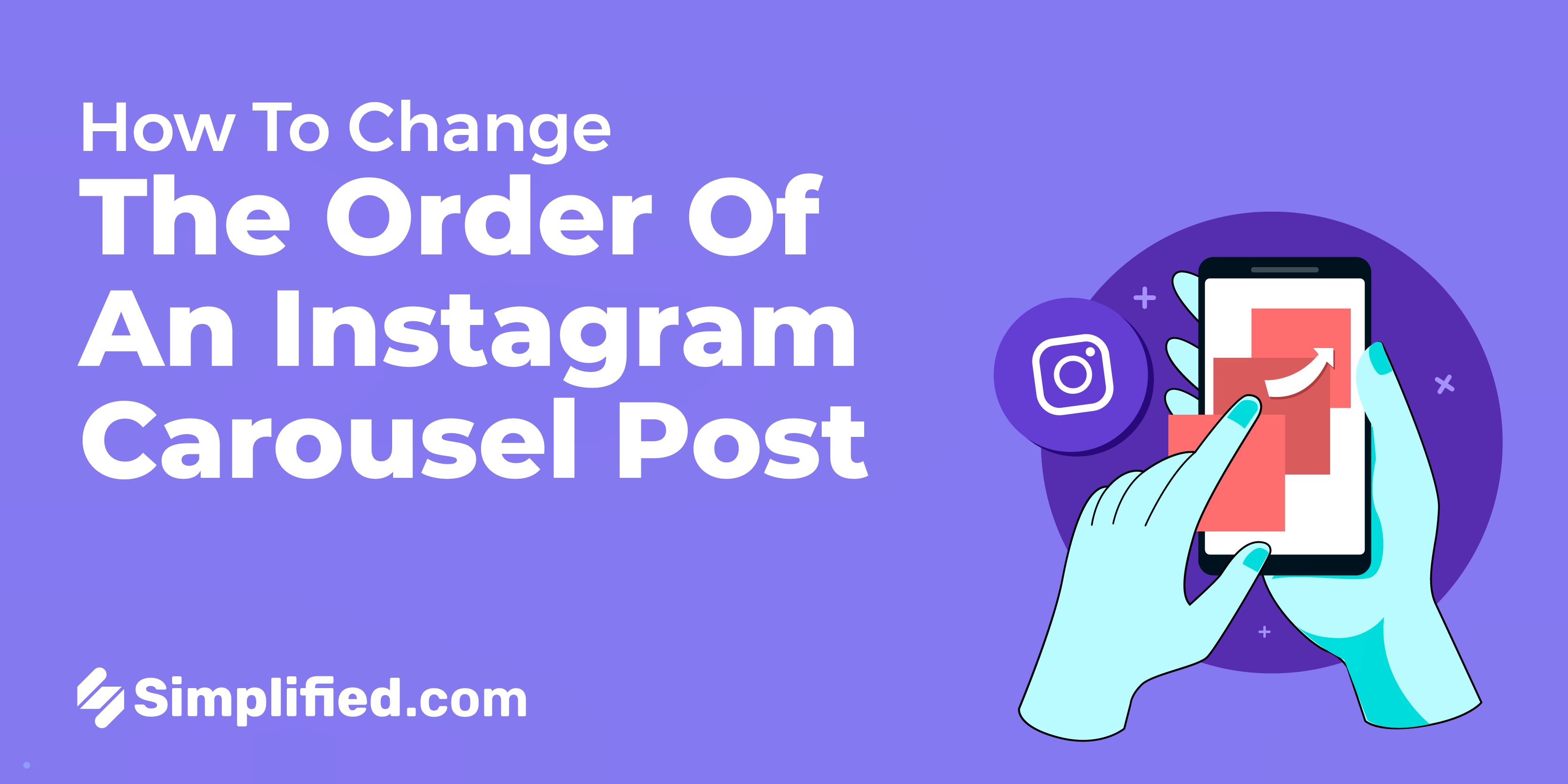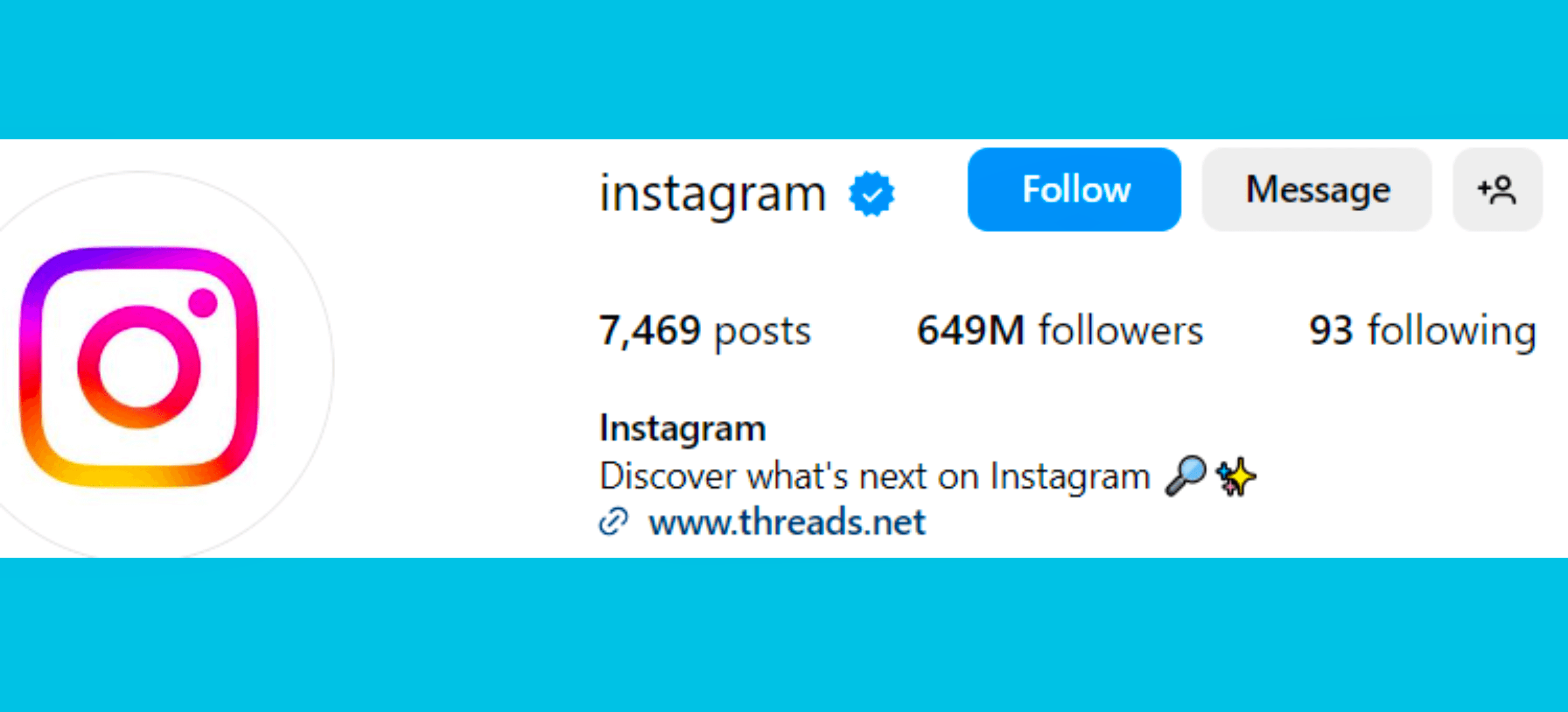What do you mean by Social Media Monitoring?
Social media monitoring involves actively tracking and analyzing social media channels to gain insights into the discussions and sentiments surrounding a brand, product, or industry. It encompasses monitoring social media platforms for mentions, hashtags, and keywords, and analyzing the collected data to understand brand perception.
Social media monitoring plays a vital role in social media marketing, providing brands with valuable insights into their audience, competitors, and industry. By setting up alerts, monitoring engagement, and analyzing data, brands can maintain competitiveness, foster customer loyalty, and safeguard their reputation.
The importance of social media monitoring lies in several key factors:
- Brand reputation management: By monitoring social media, brands can keep track of mentions, reviews, and comments related to their products or services. Promptly addressing customer complaints or concerns helps protect their reputation and build customer loyalty.
- Competitive analysis: Social media monitoring enables brands to stay informed about their competitors' activities, such as promotions, campaigns, and product launches. This information empowers brands to stay competitive and adjust their strategies accordingly.
- Influencer identification: By monitoring social media, brands can identify influencers within their industry and establish relationships with them to expand their reach and credibility.
- Crisis management: In times of crisis, social media monitoring allows brands to swiftly identify and respond to negative comments or misinformation before they escalate.
- Audience insights: Social media monitoring provides valuable insights into the interests, preferences, and behaviors of a brand's target audience. This information can be utilized to create more targeted and effective social media campaigns.
The process of social media monitoring typically involves the following steps:
- Setting up monitoring tools: Brands utilize social media monitoring tools to track mentions, hashtags, and keywords relevant to their brand or industry. These tools can be customized to filter out irrelevant content and prioritize important mentions.
- Collecting data: Monitoring tools collect data from various social media platforms such as Twitter, Facebook, Instagram, and LinkedIn. This data includes mentions, comments, hashtags, and keywords associated with the brand or industry.
- Analyzing data: Social media monitoring tools provide analytics and reports that enable brands to understand their social media performance and identify emerging trends. This data aids in adjusting social media strategies and improving engagement.
- Responding to engagement: Social media monitoring also entails responding to engagement, such as comments and mentions. Brands should respond promptly and professionally to maintain a positive brand image and cultivate customer loyalty.
To maximize the benefits of social media monitoring, brands should follow these best practices:
.webp)













